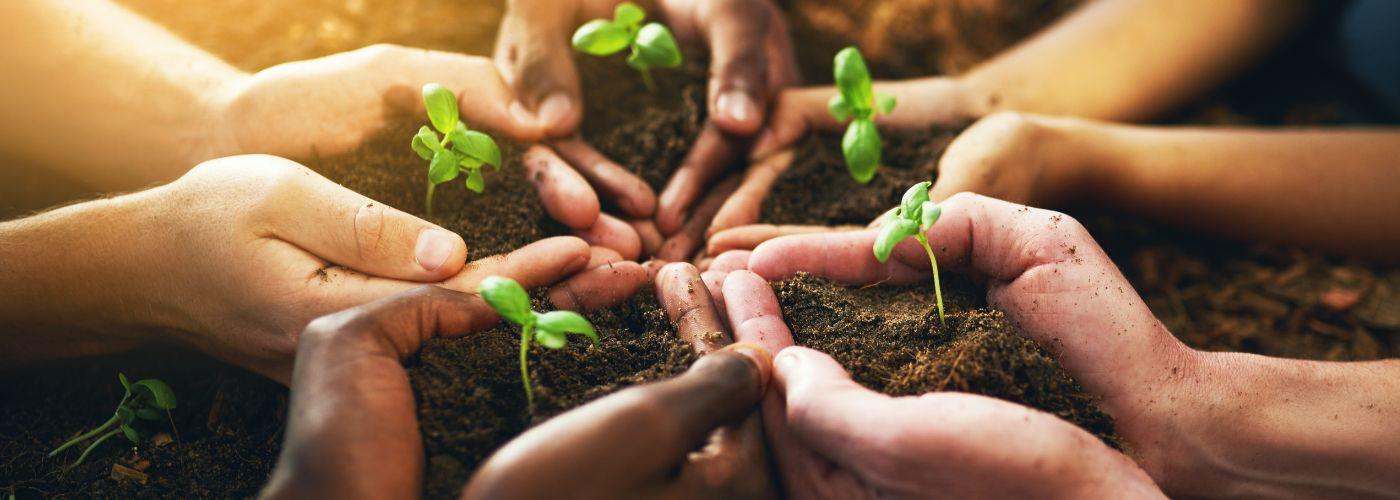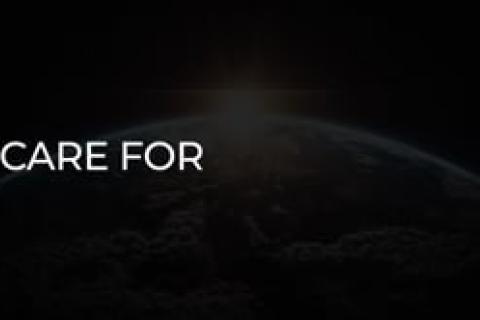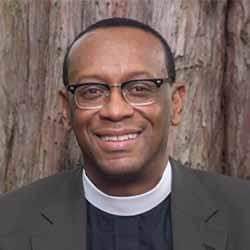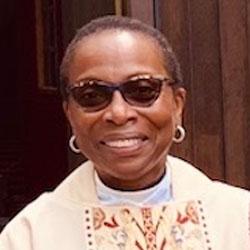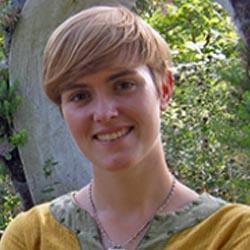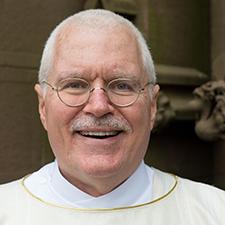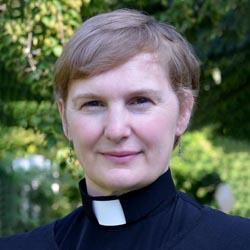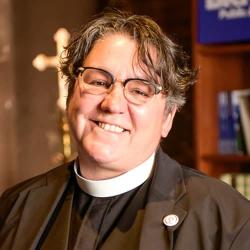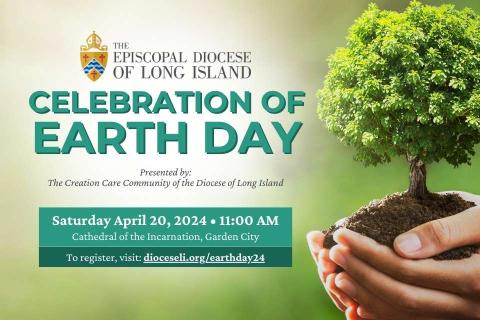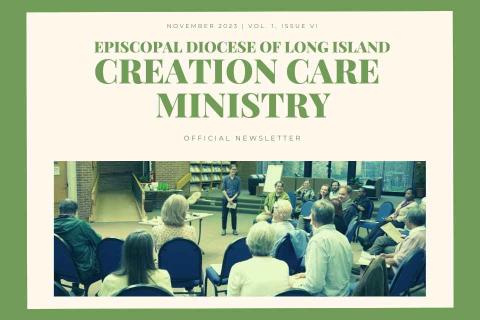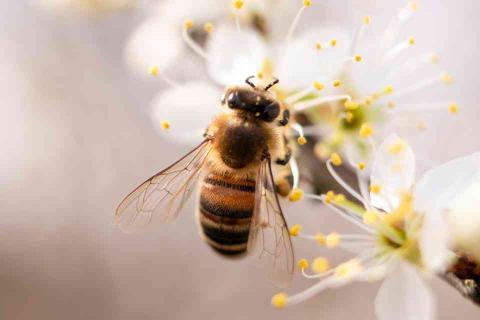The Creation Care Community of the Diocese of Long Island (CCCDLI) consists of individuals who share a care for creation and a commitment to finding ways, as Christians, to address environmental degradation and climate change.
Our resolution at the 2020 Diocesan Convention called for a commitment to “the work of seeking right relationship with the created things of our environment through acts of repentance, justice-seeking, healing, activism, education, or witness”.
We in the Diocese of Long Island are called to act. Without intentional action we will heedlessly contribute to the destruction of the environment and to climate change.
The CCCDLI Leadership team assists in the formation of parish Green Teams to lead the work of fulfilling this mission, and spreading the word about how to respond to the climate crisis. We are also actively engaged in expanding solar energy use, reducing waste, and increasing tree cover throughout the Diocese.
We invite you to join us! Let us keep our baptismal promise to be stewards of the earth.
Leadership
The CCCDLI Leadership Team meets monthly, and seeks ways to partner with parishes and organizations across Long Island, to support the work being done for the environment, and racial and economic justice. Contact any member of the team to learn more.
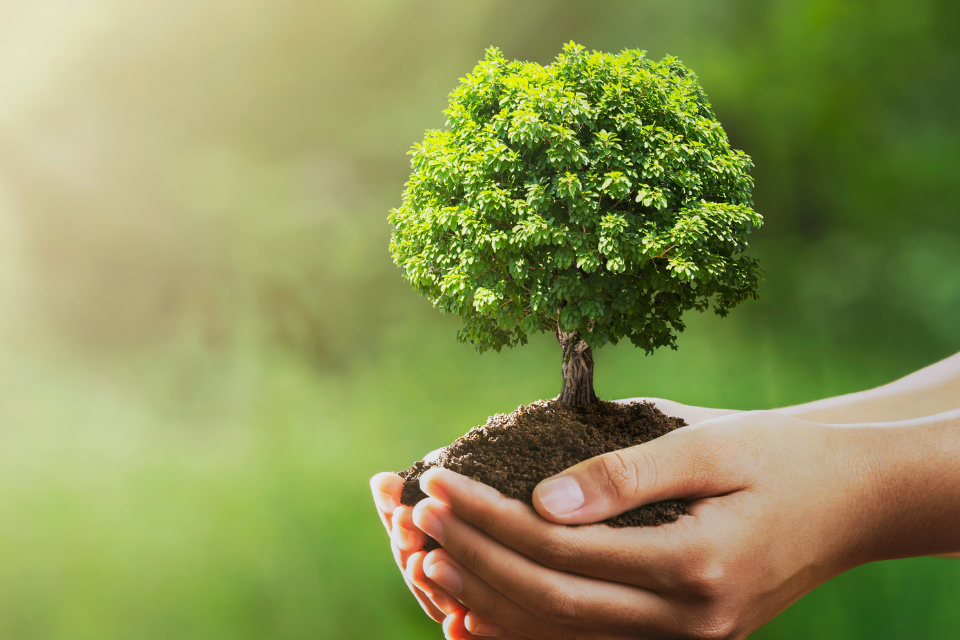
Creation Care Ministry Statement of Purpose
We, the Creation Care Community in the Diocese of Long Island, are equipping individuals, parishes, and diocesan organizations to respond to God’s call to ecojustice, which we take to encompass the equitable distribution of environmental benefits and harms (environmental justice) and also right relationship with non-human Creation. Ecojustice as we understand it is therefore inseparable from racial and economic justice. We are committed to collaborative teamwork, to equal partnership of clergy and laity, and to reflecting and honoring the diversity of our diocese in our actions and in our leadership.
We are answering the call to ecojustice by:
- Building a network of parish-based green teams across our diocese
- Understanding our carbon footprint and working to become a carbon-neutral diocese by 2035
- Working to align diocesan financial investments with the goals of ecojustice
- Taking into account the latest science on the environment and the drivers of climate change in our actions.
- Entering into partnerships with other organizations in the broader movement for ecojustice
This list is neither exhaustive nor restrictive. We expect that our parish-based teams will find new ways to pursue ecojustice as they discern their own calls to this work, in their own local contexts.
